- CBD interacts with THC in complex ways, reducing certain effects whilst enhancing others through the ‘entourage effect.’
- CBD has been proved to reduce the activation of the CB1 cannabinoid receptor. But does this mean that CBD can prevent THC’s psychoactive effect altogether?
- To date, research regarding this has been contradictory, but a new study has confirmed that the balance between CBD and THC could be essential for the reduction of the least pleasant effects of marijuana.

From the moment that a cannabis seed germinates and starts growing, the plant produces more than 100 different active compounds, known as cannabinoids. The two most abundant cannabinoids are delta-9-tetrahydrocannabinol (THC) and cannabidiol (CBD.)
THC gives marijuana its characteristic psychoactive effect. Although THC also shows a great range of medical properties, such as relief for pain, muscle spasms, and nausea, it can also cause some unpleasant secondary effects, like mouth and eye dryness, dizziness, headaches, anxiety, and paranoia.
On the contrary, CBD has no psychoactive effects at all, and showcases anti-inflammatory, antioxidant, and neuroprotective properties; therefore it could be effective in the treatment of many complaints, ranging from sleep disorders to convulsions.
Over the last few years, scientists have shown great interest for what is known as the 'entourage effect,' a term used to describe how cannabis compounds work together in synergy. The key aspect that has raised most interest is how CBD can counteract THC and thus reduce the impact of its secondary effects.
In order to understand this, we must first think of how these two cannabinoids work in the human body. Please give a warm welcome to the endocannabinoid system.
CBD as a negative modulator
We already understand how phytocannabinoids imitate the action of endocannabinoids, and how THC produces psychoactive effects in the brain due to its affinity with CB1 receptors. CB1 are the most abundant receptors in our limbic system, which is a set of brain structures located on both sides of the thalamus; and also on the part of the encephalon located in the central area of the base of the brain, which includes the hypothalamus, the hippocampus, the amygdala, and other close areas.
The limbic system is responsible for emotion, hunger, thirst, pleasure, behaviour, and response to pain, amongst others. The disruption of this system can provoke psychoactive effects similar to those experienced when using cannabis.
THC is a much more powerful agonist (a compound that increases the activity of a specific receptor) than anandamide, the 'bliss molecule' produced by the human body, because THC takes longer to break down, which means its effect is much more pronounced.
CBD has been proved to reduce THC's secondary effects such as anxiety, but we are still a long way from fully understanding this. In the past the information was contradictory. At one point, it was believed that CBD did not interact with CB1 receptors at all; later CBD was considered a weak antagonist that bound to the same receptor as THC (or anandamide) to block its activation.
But a research study published in the British Journal of Pharmacology in 2015 discovered that CBD has a much stronger antagonistic effect on CB1 receptors, acting as a negative allosteric modulator. Allosteric modulators are compounds that can bind to receptors in an unusual area, and change their physical structure.
In the case of CB1 receptors, CBD significantly changes its form so that it prevents THC from binding to them in an effective way. Thus, THC's key does not fit perfectly in CB1's lock, and so hinders its influence on the endocannabinoid system. The result is a reduction of many of THC's effects.
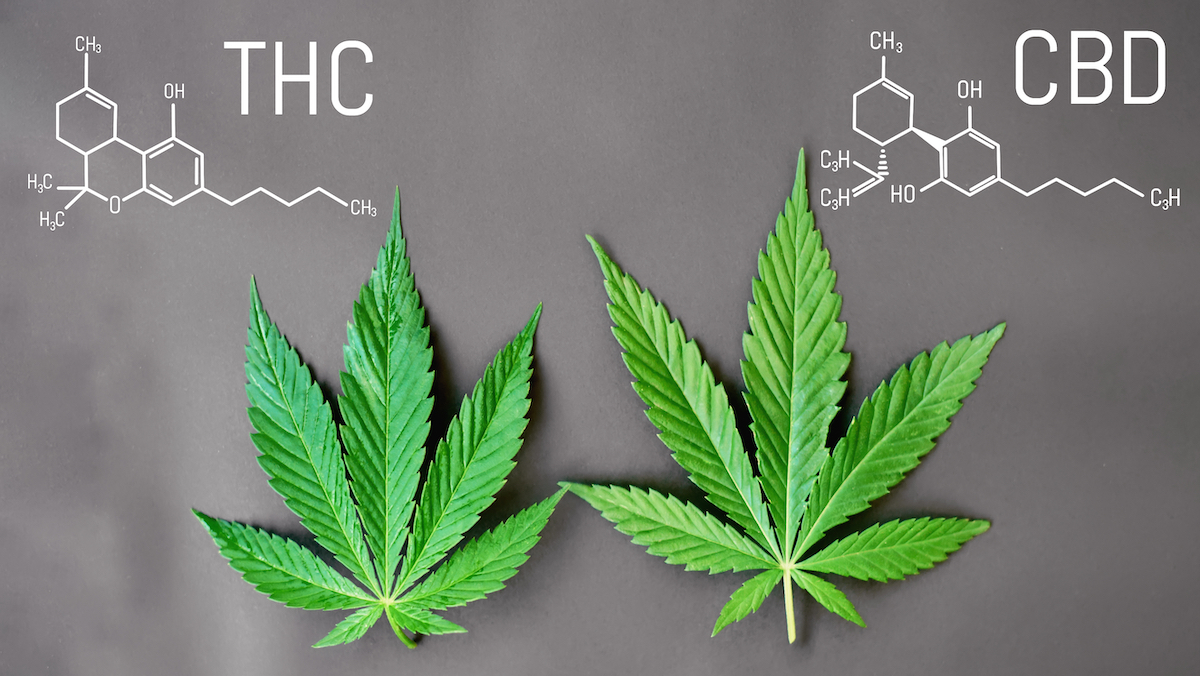
Research is inconclusive
The disruption of the limbic system can cause the psychoactive effects that are experienced when consuming cannabis with THC content.
A number of studies have researched the impact of these two cannabinoids in several areas of the brain, including the ones that regulate memory, anxiety, psychotic episodes, and addiction. These studies have proven that CBD can act as a modulator of all these symptoms. Based on the existing research, CBD can be seen as capable of blocking THC's effects, but the reality is that the results are not sufficiently consistent. In some studies, CBD reduced THC's effects; in others, it increased them. The reason for this is that there are many different mechanisms through which CBD interacts with THC.
CBD can also increase THC levels in blood by inhibiting CYP2C9; this enzyme is responsible for THC's metabolisation. It has also been noted that, by administering CBD ahead of THC in mice and rats, the THC levels in their blood and brain were higher.
Therefore, research suggests that the modulating effect of CBD depends on its dosage, on the concentration of other cannabinoids, and on how long they were taken for. Clearly, this is inconclusive. Even though CBD blocks the activation of the CB1 receptor in animal trials, it seems that CBD does not work effectively by itself. However, when CBD and THC are administered together, the results are totally different.
A recent study with conclusive findings
On the grounds that a balance between CBD and THC is essential in order to reduce THC's secondary effects, a surprising study from late September 2019 suggests that marijuana strains with high THC levels can be associated with higher psychosis rates. This study was observational, with no confirmed causative mechanisms, but it offers the first solid proof that marijuana can be safer when CBD and THC are better balanced.
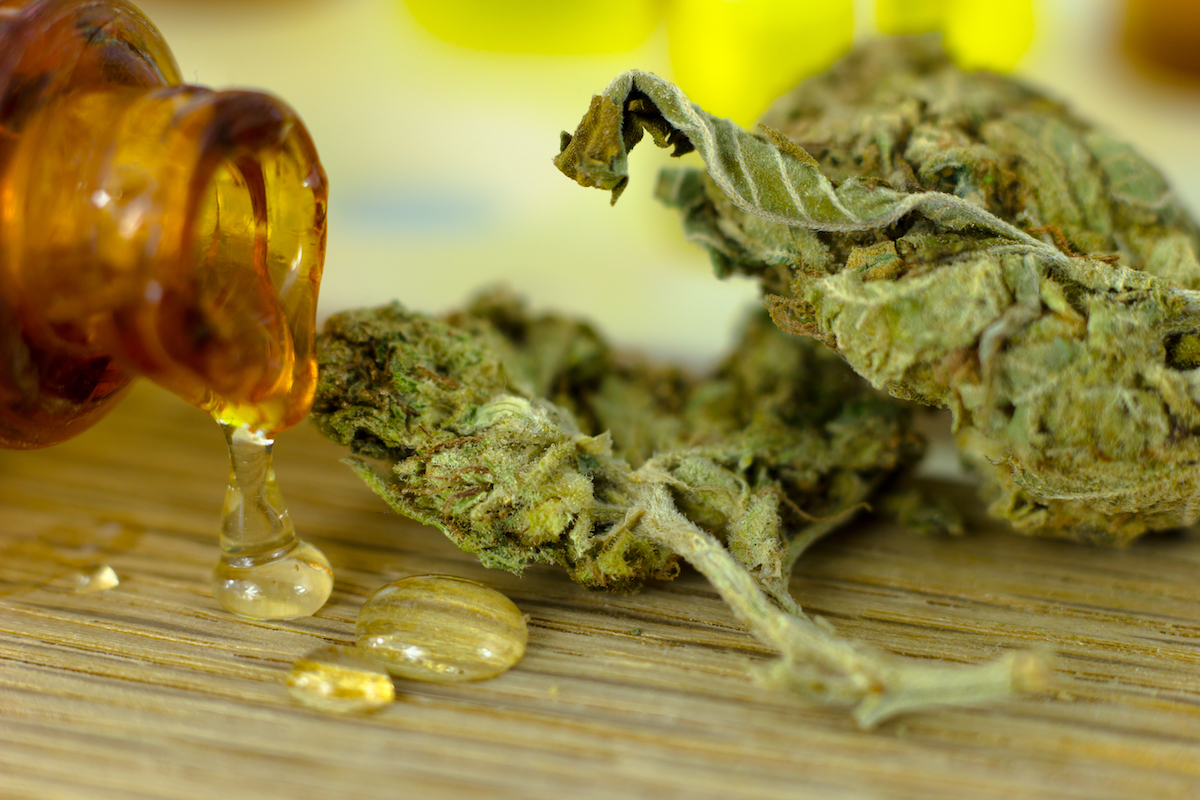
This study analysed a specific signalling pathway in the hippocampus activated by kinase, a protein that acts on the signalling pathways regulated by extracellular signals (ERK). This pathway has previously been connected to anxiety-like behaviour related to schizophrenia.
A stable balance between CBD and THC seems to be essential in the reduction of marijuana-induced anxiety.
This new rat study proved THC's effect via this specific route for the first time. When administered alone, THC was found to explicitly stimulate ERK, thus provoking a behaviour similar to anxiety. However, when administered in conjunction with CBD, ERK levels remained normal, and the rats behaved similarly to those in the control group.
"CBD by itself had no effect", explains Roger Hudson, lead author of this paper and investigator at Canada's Western University. "However, by co-administering CBD and THC, we completely reversed the direction of the change on a molecular level. CBD was also able to reverse the anxiety-like behaviour and addictive-like behaviour caused by the THC."
This research offers some of the first clear, causal evidence about the importance of the CBD-THC equilibrium, and how this balance helps reduce the possible, harmful, secondary effects of long-term marijuana use, particularly in those people more susceptible to mental illness. In short, THC is the chemical compound that makes things work effectively, but CBD can be the one making sure that things are kept under control.
Taking all of this into consideration, together with all the other benefits of cannabidiol, it seems reasonable to opt for genetics with higher CBD content, but also with a generous dose of THC. Why not try some of our excellent 1:1 (THC:CBD) ratio strains to try and get a pleasant, sustained, and well balanced effect?
----
References:
Cannabidiol Counteracts the Psychotropic Side-Effects of Δ-9-Tetrahydrocannabinol in the Ventral Hippocampus Through Bi-Directional Control of ERK1-2 Phosphorylation. Roger Hudson, Justine Renard, Christopher Norris, Walter J. Rushlow and Steven R. Laviolette. Journal of Neuroscience. September 2019.
Cannabidiol is a negative allosteric modulator of the cannabinoid CB1 receptor. Laprairie R., Bagher A., Kelly M., Denovan-Wright E. The British Pharmacological Society. 2015.
Effects of cannabidiol on schizophrenia-like symptoms in people who use cannabis. Morgan C., Curran HV. The British Journal of Psychiatry. 2018.
Action of cannabidiol on the anxiety and other effects produced by delta 9-THC in normal subjects. Zuardi AW, Shirakawa I, Finkelfarb E, Karniol IG. Psychopharmacology. 1982



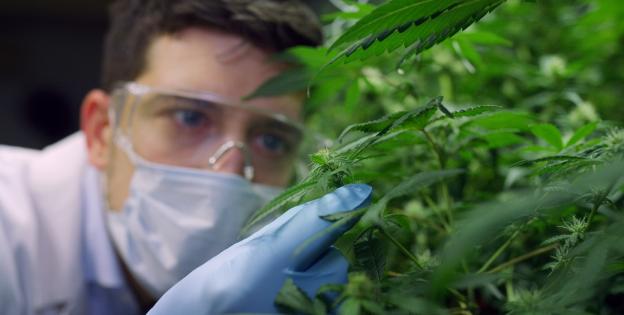
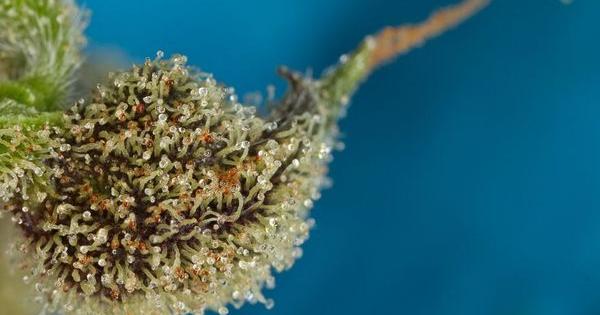
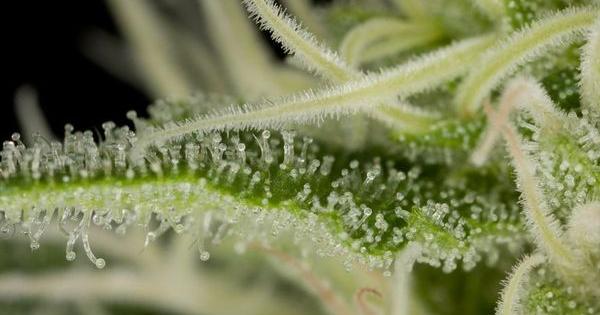
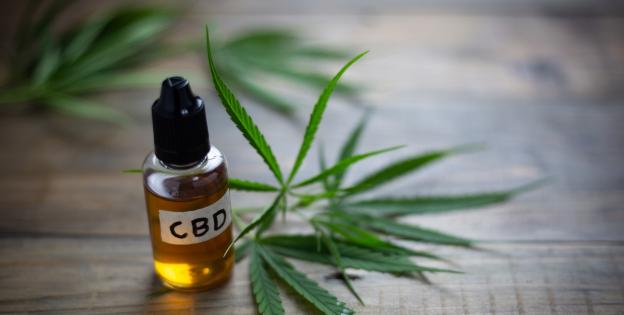
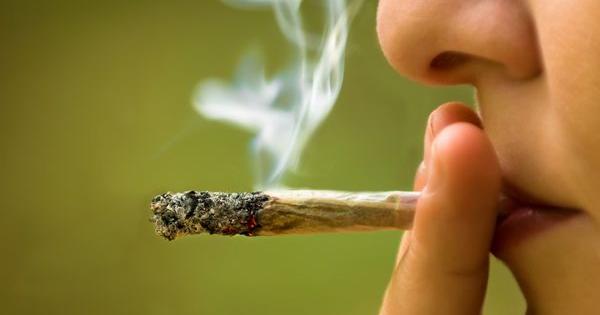
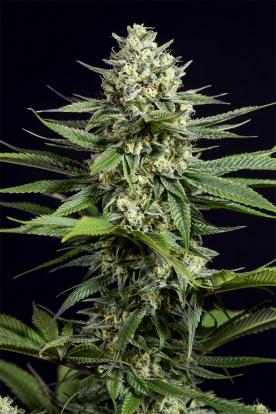
Comments from our readers
There are no comments yet. Would you like to be the first?
Leave a comment!Did you like this post?
Your opinion about our seeds is very important to us and can help other users a lot (your email address won't be made public).